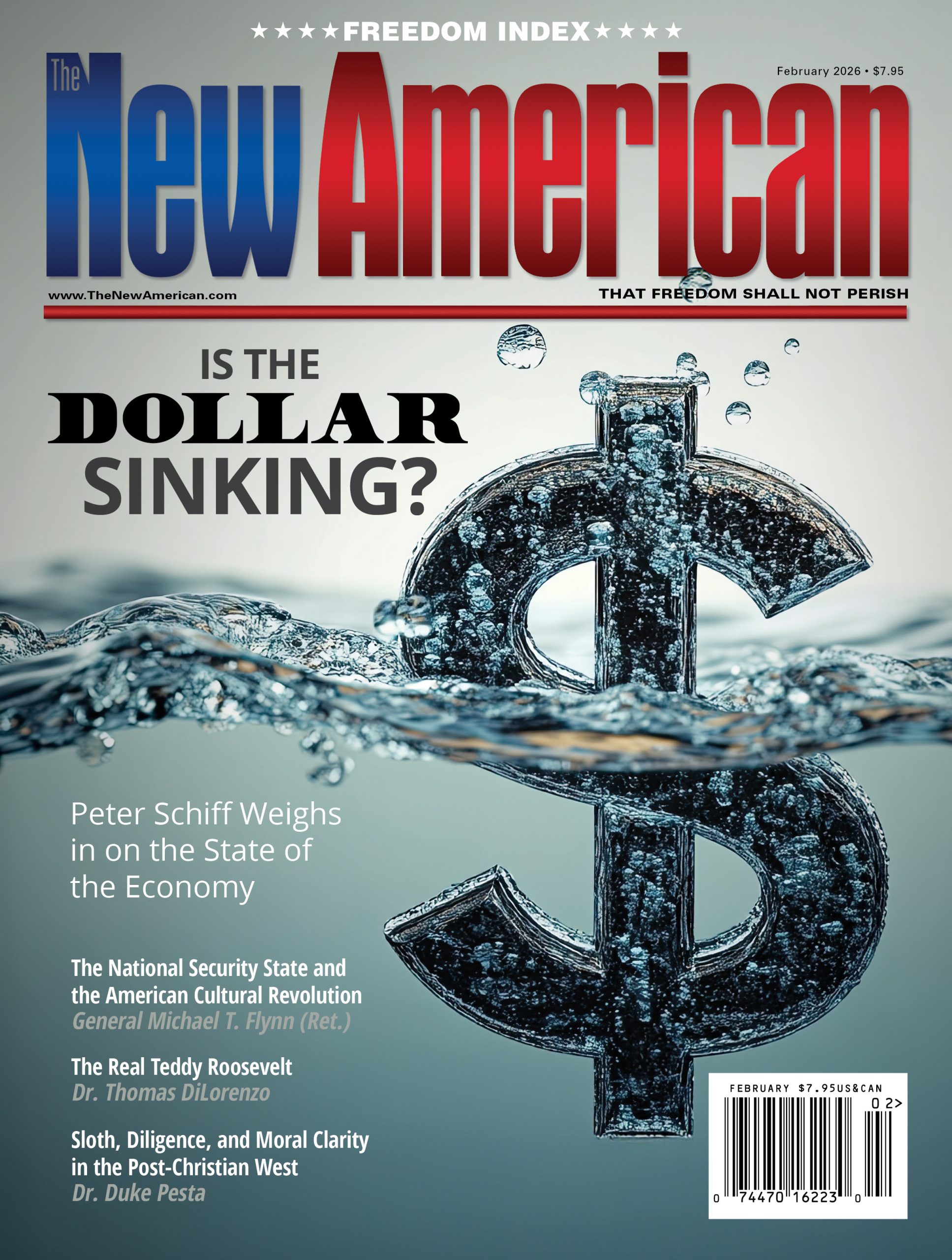Podcast: Play in new window | Download
Have you ever heard of the “George Mason argument?” This refers to the claim that at the Federal Convention of 1787, Virginia delegate Col. George Mason demanded that this provision (the Convention Method) be included in Article V because he correctly forecasted the situation we face today.
Proponents of this claim, such as the Convention of States action, state that Mason predicted that Washington, D.C. would violate its constitutional limitations. The States would need to make adjustments to the constitutional text in order to rein in the abuses of power by the federal government.
That may sound good, but the truth is George Mason never said that! George Mason was an anti-federalist and opposed the Constitution drafted in Philadelphia! He wanted another convention to scrap it.
According to James Madison’s notes on the convention, Col. Mason did not want the “Congress” to be the only body proposing amendments because they may become oppressive and “not consent to amendments”. So, the convention method was added in Article V. Its purpose is to propose amendments whether by congressional action or by a convention called by congress on the application of the state legislatures.
The delegates understood it was the right of the people to alter or abolish their form of government. They wanted it done peacefully. Not have it happen by chance or violence, such as another revolution like the one they just came out of.
George Mason never said the purpose of the convention method was for states to use their power to modify the text of the Constitution in order to rein in the power and jurisdiction of the federal government, if it inevitably became tyrannical. Convention of States advocates would like legislators and concerned citizens to believe that fabrication, but that’s not what Mason said.
James Madison on November 2, 1788, in a letter to George Turberville wrote:
“If a General Convention were to take place for the avowed and sole purpose of revising the Constitution, it would naturally consider itself as having a greater latitude than the Congress […] it would be courted by the most violent partizans on both sides [… and] would no doubt contain individuals of insidious views, who under the mask of seeking alterations popular in some parts but inadmissible in other parts of the Union might have a dangerous opportunity of sapping the very foundations of the fabric.”
Madison, continued, saying, “Having witnessed the difficulties and dangers experienced by the first Convention which assembled under every propitious circumstance, I should tremble for the result of a Second, meeting in the present temper of America and under all the disadvantages I have mentioned.”
If Madison thought it was that bad then to hold a second convention, shortly after the 1787 Convention, how much worse would an Article V Convention be in the current “present temper of America”?
James Madison, on December 8, 1788, in a letter to Thomas Jefferson said, “…there are others who urge a second Convention with the insidious hope, of throwing all things into Confusion, and of subverting the fabric just established, if not the Union itself…”
George Mason, an anti-federalist, opposed the Constitution and was very active in pushing for another convention. His intent to scrap the Constitution was quite well-known. Other prominent Founding Fathers such as George Washington and Alexander Hamilton warned of the threat another convention to amend the Constitution would pose.
Learn more about Article V and the amendment process by visiting JBS.org.


